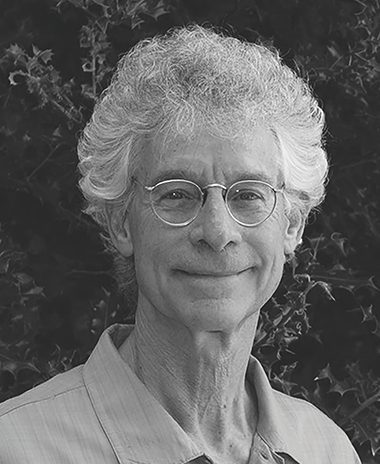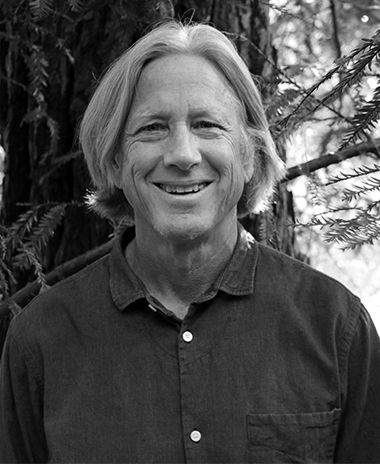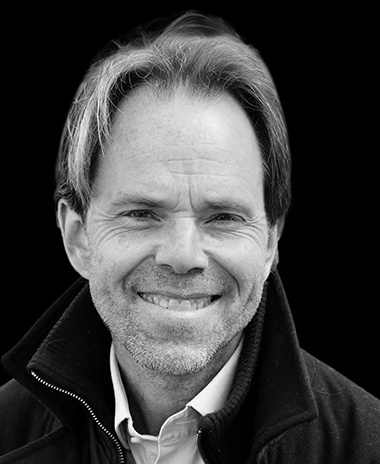
Jim Garrison
Ativista Social e Político, Fundador da Universidade Ubiquity
Jim Garrison, PhD, é Diretor do New Paradigm Institute em Washington, DC, e Presidente da Universidade Ubiquity. Trabalhou com o Instituto Christic como Diretor de Política Nuclear em 1978, e como Diretor Executivo do Programa de Intercâmbio Soviético-Americano da Esalen de 1985 a 1990. Foi Presidente da Gorbachev Foundation/USA (1992 - 1995) e Presidente do State of the World Forum (1995 - 2004), com Mikhail Gorbachev a servir como Presidente Convocador. Em 2005, tornou-se Presidente da Universidade Ubiquity. Recebeu o seu B.A. da Universidade de Santa Clara, um MTS da Universidade de Harvard e um PhD da Universidade de Cambridge. Publicou os seguintes livros: The Plutonium Culture, America as Empire, The Darkness of God: Theology after Hiroshima, Citizen Diplomacy e Civilization and the Transformation of Power.
// EN
Jim Garrison, PhD, serves as Director of the Washington, DC office of the New Paradigm Institute and as President of Ubiquity University. He worked with the Christic Institute as Director of Nuclear Policy in 1978 and as Executive Director of the Easlen Soviet-American Exchange Program from 1985 - 1990. He served as President of the Gorbachev Foundation/USA (1992 – 1995) and President of the State of the World Forum (1995 – 2004) with Mikhail Gorbachev serving as Convening Chairman. In 2005, he became President of Ubiquity University. Jim received his B.A. from the University of Santa Clara, an MTS from Harvard University, and a PhD from the University of Cambridge. His books include: The Plutonium Culture, America as Empire, The Darkness of God: Theology after Hiroshima, Citizen Diplomacy, and Civilization and the Transformation of Power.
TALK | LISTENING TO THE CONTEXT
Os CEOs e empresas concentram-se principalmente no que está imediatamente à sua frente, em áreas que afetam diretamente os seus resultados financeiros. Nesta Talk, Jim Garrison discutirá três áreas de contexto que estão, cada uma à sua maneira, a mudar as condições fundamentais em que tanto os negócios como a sociedade conduzem os seus assuntos. Estes quadros contextuais incluem as alterações climáticas descontroladas, uma mudança no equilíbrio geoestratégico de poder emanada da guerra na Ucrânia, e a recente legislação nos EUA que afirma que o Governo dos EUA possui provas incontestáveis sobre OVNIs e seres extraterrestres. O clima está fora de controlo, o Ocidente é confrontado por uma aliança Russo-Asiática em ascensão, e não estamos sozinhos.
Estes diferentes quadros contextuais estão a impactar coletivamente os fundamentos da civilização e o futuro da humanidade. Eles também são interativos. As alterações climáticas afetam as prioridades geoestratégicas e o conflito erode a capacidade do mundo de lidar com as alterações climáticas. A tecnologia não humana está disponível e pode melhorar significativamente o bem-estar humano se for devidamente desenvolvida e integrada. O contexto molda o conteúdo e os líderes sábios trabalham com isso a seu favor.
// EN
CEOs and businesses mostly focus on what is immediately ahead of them in areas that directly affect their bottom line. In this presentation, Jim Garrison will discuss three areas of context that are each in their own way changing the fundamental conditions in which both business and society conduct their affairs. These contextual frameworks include runaway climate change, a shift in the geostrategic balance of power emanating from the Ukraine war, and the recent legislation in the US affirming that the US Government has in its possession incontrovertible evidence concerning UFOs and Extraterrestrial beings. The climate is spinning out of control, the West is confronted by a rising RussoAsian alliance, and we are not alone.
These different contextual frameworks are collectively impacting the very fundamentals of civilization and the future of humanity. They are also interactive. Climate change affects geostrategic priorities and conflict erodes the world’s capacity to deal with climate change. Non human technology is available and could significantly enhance human welfare if properly developed and integrated. Context shapes content and wise leaders work with this to their advantage.

 PRÓXIMO ORADOR
PRÓXIMO ORADOR